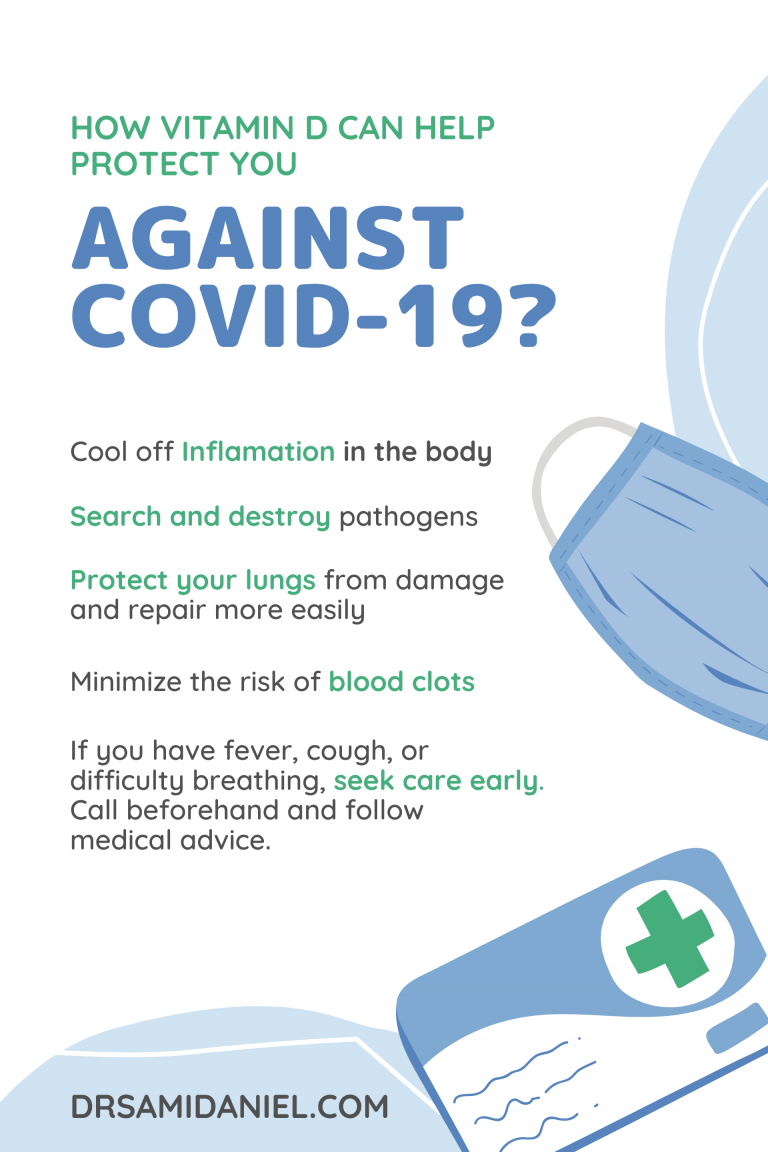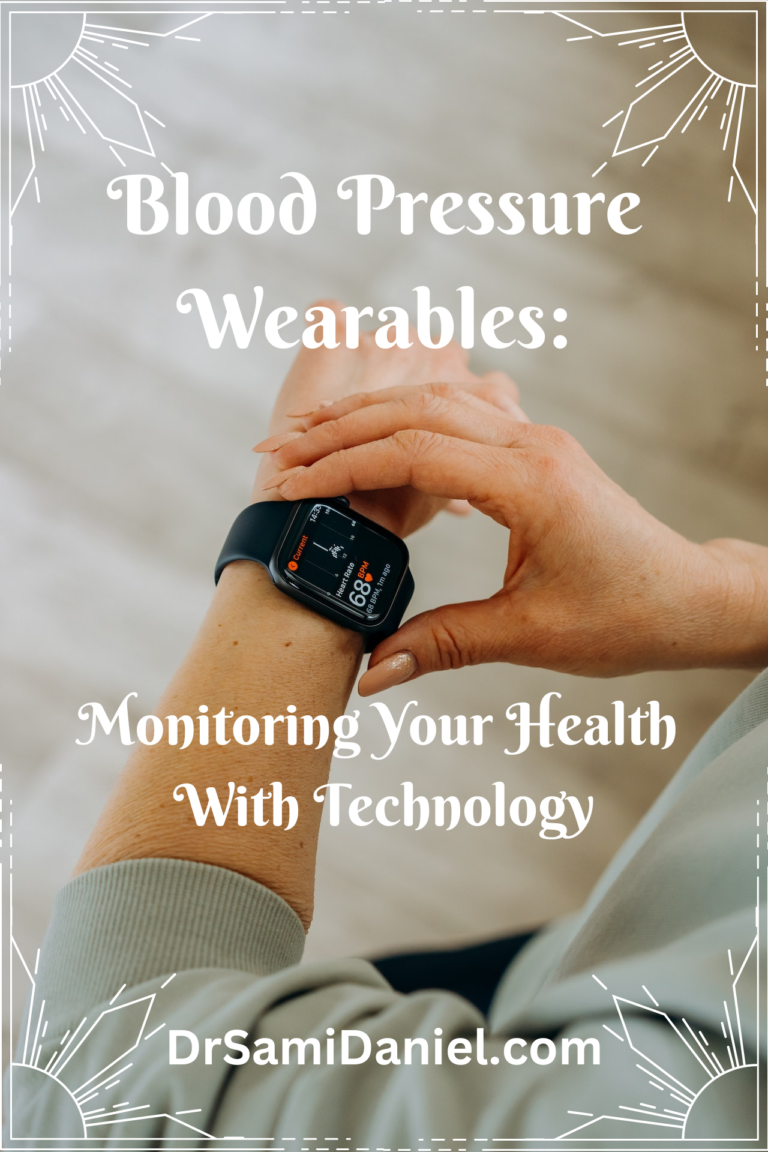How to Get the Most from Your Annual Health Exam
Once a year, we go to the Doctor’s office for something called an Annual Health Exam. We sometimes go to the Doctor more frequently and wonder what the difference may be.
This visit is a 360 degree look into the inner workings of our body to ensure that everything is running at peak efficiency.
The Doctor will go over any complaints you may have at that moment. Your Doctor will also look into the past to address chronic problems, and look into the future to address preventative measures.
These preventative measures include screening tests, vaccines, and blood work to monitor the processes of the body and take action if necessary.
So being aware of each of these aspects of your health will allow you to gain far more insight into your health and therefore make decisions with your Doctor on what to do next.
How to Address Different Types of Screening in Your Annual Exam
Simply stated, you can ask your Doctor.
“Are there any screenings that I should consider?”
Screenings are based on a number of factors that are considered to put an individual at greater risk for a specified disease. These risk factors fall into 2 categories:
- Risk within our control
- These are risks we have the power to minimize and maybe eliminate based on how we carry ourselves in the world.
- Maintaining proper diet and exercise
- Ensuring we take appropriate vaccines
- Getting procedures done like colonoscopies and/or mammograms
- These are risks we have the power to minimize and maybe eliminate based on how we carry ourselves in the world.
- Risk outside our control
- These are risks we have no control over. Such risks include:
- Aging
- Genetic makeup
- There is a whole field known as epigenetics which suggests we do have control over which genes get turned on and off based on our actions. A really interesting field, but outside the scope of this article.
- These are risks we have no control over. Such risks include:
As there are certain aspects of life that increase risk of disease and the resulting problems, speaking with your Doctor will help you proactively decide how to address possible upcoming issues.
How to Address Vaccines at Your Annual Exam
Again, the simple thing to do is to ask your Doctor plainly.
People often think that vaccines are done if we got all our shots as a child. And while most people can think of the yearly flu vaccine as an exception, there are vaccines that must be administered even after childhood.
Of course, childhood vaccines are very important. And they will help children to fight infectious diseases that commonly infect children at their age. But as we continue to mature, we must consider other probable causes of disease.
A few vaccines include:
- Flu vaccine
- The flu is constantly mutating in order to reinfect people.
- Therefore the flu vaccine is constantly being redeveloped to anticipate this mutation and prevent infection.
- Pneumonia vaccine
- Especially important in people with chronic disease such as Type 2 Diabetes
- People with diabetes are more prone to infection and also have a greater difficulty to clear the infection. This is because bacteria love all the extra sugar.
- Especially important in people with chronic disease such as Type 2 Diabetes
- Shingles vaccine
- The same virus which causes childhood chicken pox can sleep for years before reactivating into shingles in the adult.
- This vaccine can help bolster immunity and prevent this virus from reactivating.
- HPV vaccine
- The media has done a great job bringing awareness to the link between this virus and cervical cancer.
- However this vaccine is not usually for women past the age of 26.
- However every individual needs their unique consideration.
- So speak with your Doctor to learn more.
- TDaP
- This is not just a childhood vaccine.
- It must be boosted once every 10 years, sometimes sooner depending on circumstances.
- Most people got their last dose in college due to school requirements. So check your vaccine records and speak with your Doctor.
- COVID-19
- Given the media coverage over the last couple years, nearly everybody knows about this one!
- A booster is recommended by the CDC after 6 months from the original dose.
These all become more important with age. And even become imperative in the context of chronic diseases such as type 2 diabetes or high blood pressure to name a few.
Therefore you must speak with your Doctor to determine what vaccines will help to maintain your health.
How to Address Blood Work at Your Annual Exam
Most people trust their Doctor to know what to look for and order the necessary blood work.
Certainly, the Doctor does know what to order.
However, if you want to gain knowledge and take an active role in your health, you may ask what tests are being ordered and why the information they reveal will provide value to you.
Some common blood tests include:
- Complete Blood Count (CBC)
- Checks your white and red blood cells.
- This helps to find any infection or anemia.
- Complete Metabolic Panel (CMP)
- Checks electrolyte levels as well as liver and kidney function.
- Lipid Panel/ Lipid Profile
- Checks total cholesterol levels as well as LDL “bad” cholesterol and HDL “good” cholesterol.
- The levels of these numbers can help determine the risk of heart disease and potential problems like heart attack or stroke.
- Thyroid Stimulating Hormone (TSH)
- Checks if your thyroid gland is over/underperforming.
- This helps to figure out if your metabolism is too slow or too fast.
- This also helps to determine if there are other pathologies like tumors.
- Hemoglobin A1c (HbA1c)
- Commonly known as the “Diabetes test”.
- Especially important if you have family members with diabetes or if you’re experiencing the effects of high blood sugar.
- Vitamin D (Vit. D)
- Vitamin D has been shown to be an integral component of health.
- Improves calcium absorption for bone health.
- Improves immune system function to fend off infection efficiently.
- Improves breast health in women.
- Improves lung health.
- These are a few benefits of this vitamin.
- Hepatitis C (Hep C)
- Checks for viral infection of the liver in adults.
- This is a quiet infection that can cause inflammation of the liver which can cause irreversible damage over the course of years.
- It left untreated, this can lead to irreversible scarring and/or cancer of the liver.
- A quick blood test can find it and treatment offered if it is found.
How to Address Cancer Screening at Your Annual Exam
Unfortunately, cancer is a reality for many people.
Fortunately, we can screen for a few of them before they get out of hand!
Screening depends on sex, age, and even lifestyle such as smoking or poor diet.
Such screenings include:
- Pap Smear/ Cervical Cancer Screen
- Women between the ages of 21 to 65 should get a pap smear to screen themselves for cervical cancer.
- Screening outside this age group does not seem to provide much help according to the USPSTF.
- Mammogram
- Women below the age of 35 cannot have this test because the breast tissue is too dense for the machine to provide an accurate image.
- Therefore the USPSTF recommends women can start getting mammograms at the age of 40 after talking with their Doctor.
- Colonoscopy
- The average person should ask their Doctor about options to check for colon cancer by the age of 45
- Options include:
- Colonoscopy – Results are valid for 10 years if normal
- Sigmoidoscopy – Results are valid for 5 years if normal
- Sigmoidoscopy results can be valid for 10 years if it includes an annual fecal immunochemical test (FIT) and all results are normal
- Stool DNA-FIT (Cologuard) – Results are valid for 1 – 3 years if normal
- Fecal Occult Blood Test or Fecal Immunochemical Test – Results are valid for one 1 year if normal
- Prostate
- This screening can initially be done through blood work.
- The Doctor will check levels of Prostate Specific Antigen (PSA).
- If elevated, the Doctor will begin a more thorough evaluation.
- Abdominal Aortic Aneurysm
- The abdominal aorta is the main vessel which connects directly to the heart.
- It is the main freeway for blood to travel to various exits throughout the body.
- If this deteriorates, the wall can balloon outwards and potentially burst.
- It is extraordinarily unlikely to recover when this happens.
- Therefore the Doctor will use an ultrasound to screen for any balloons known as aneurysms.
- The goal is to find them (if present) BEFORE they present a life threatening emergency.
- If you have smoked in the past or are a current smoker, speak with your Doctor to get screened.
- Low dose chest CT
- This screen is for people who have significant smoking history and/or have quit in the last 15 years.
- This screen will check for possible lung cancer.
- This is not yet common and insurance may not cover this yet.
- However speak with your Doctor to discuss any concerns.
All these recommendations change based on individual understanding of personal medical history, family medical history, and if results are positive. So please speak with your Doctor.
How to Address Screening for Your Eye Health
- Glaucoma
- This is a disease where the pressure inside the eye is too high.
- When this happens, blood supply to the retina is compromised and can cause irreversible damage to your vision.
- Having a regular check up with the eye doctor will help find this disease early and treat it.
- Diabetic Retinopathy
- The excess blood sugar in Diabetes can cause damage to the tiny blood vessels in the retina.
- This can also compromise blood flow and cause irreversible damage.
- Again, visiting the eye doctor can help catch this disease early enough to treat before it becomes a problem.
How to Address Mental Health at Your Annual Exam
Mental health has a stigma associated. As though being seen with anything other than perfect mental clarity will make someone look like they belong in a psychiatric facility.
However there is a growing appreciation and awareness for the human condition.
Furthermore, studies have demonstrated the connection between your mental health and the direct impact to your physical well-being.
Your Doctor has ways to help. So do not feel stigmatized in the Doctor’s office. Bring it up if you feel something needs to be done.
- Depression
- This is quite common and very easy to fall into depression for a myriad of reasons.
- The Doctor may screen you for depression with a list of standard questions during your annual exam.
- If positive, the Doctor may talk with you about what’s going on in your life.
- Your Doctor may also suggest treatment options such as therapy and/or medication depending on your comfort level.
- Medication may take up to 6-8 weeks before seeing an effect.
- However there are several options for help. So speak with your Doctor even if it’s not your annual exam.
- Anxiety
- This is another thing that is very common.
- Just as with depression, your Doctor has a list of questions that can help determine the level of anxiety you may have.
- Believe it or not, anxiety can be caused by “organic” causes. Meaning that it can be caused by a physical reason such as unbalanced thyroid hormone or rapid heart rate just to name a couple things.
- So if you feel anxious, talk with your Doctor so they can help you find the cause and offer treatment.
- Cognitive impairment
- This can be due to depression, anxiety, hormone imbalance, fatigue, heart problems, genetics and many others.
- If you or a loved one seems to have difficulty with focus, reason, thought process, memory or anything else, speak with your primary care provider.
- They can work with you to address any underlying causes.
How to Address Abuse at Your Annual Exam
This is often very difficult for most people to address with their Doctor. And very often people tend to hide it.
It’s never easy to admit or acknowledge. And it seems impossible to upset the balance for various reasons.
However if you suspect abuse, or you are a victim of abuse, your Doctor can put you in contact with the right people to help you.
Nobody is immune to abuse. Nobody should undergo abuse.
There is no easy way to reveal this information. But your Doctor works hard to maintain confidentiality. Your Doctor does their best to create a safe space for you.
So if you feel you’re ready to talk with your Doctor, they will be able to find resources to help you as best as possible.
Conclusion
As you can see, a lot goes into your annual exam.
Many are simple, and many are complex.
Hopefully this can serve as a guide for you to prepare for your annual exam and think of things you would like to discuss with your healthcare provider.







